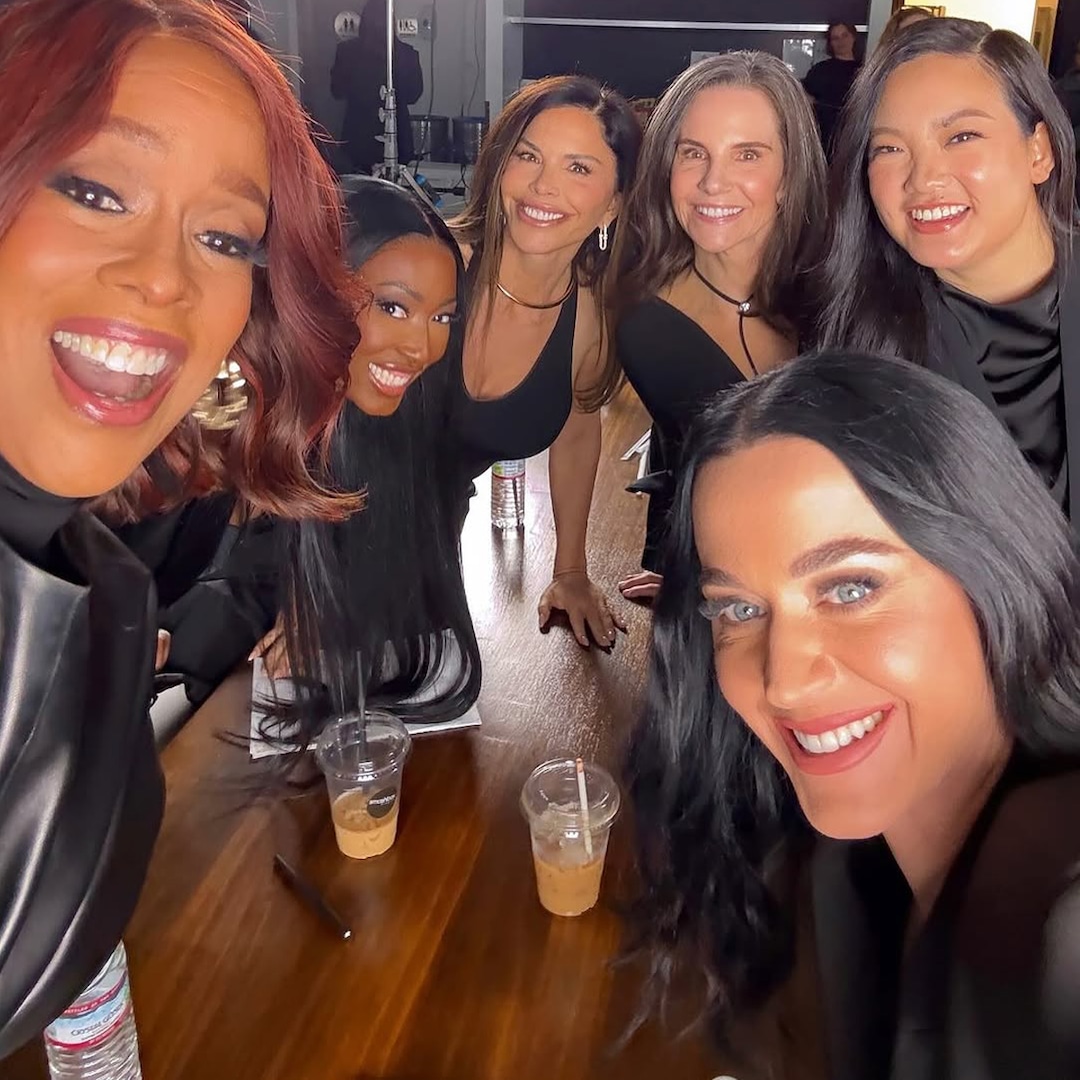LULULEMON Athletica tricks consumers into believing the brand is sustainable and environmentally-friendly through its Be Planet marketing campaign, despite increasing its greenhouse gas emissions, a proposed class action filed Friday (Jul 12) alleged.
“The apparel industry is a major contributor to the environmental crisis, and as one of the largest apparel companies in the world, Lululemon has a significant and growing climate and environmental footprint,” the complaint filed in the US District Court for the Southern District of Florida said.
“Its actions and products directly cause harm to the environment and the deterioration of the planet’s health – the opposite of its Be Planet promises and representations.”
Lululemon did not immediately respond to a request for comment.
The athleisure company unveiled its Be Planet Impact Agenda outlining a long-term strategy to curb its environmental impact in October 2020. Part of the plan’s promises included ensuring at least 75 per cent of the company’s products contained sustainable materials and reducing fresh water use by 2025.
The Be Planet campaign makes reasonable consumers think Lululemon is a “planet-friendly” company that is contributing to improving the environment when it isn’t, the complaint says.
A NEWSLETTER FOR YOU
Friday, 12.30 pm
ESG Insights
An exclusive weekly report on the latest environmental, social and governance issues.
According to the company’s own 2022 impact report, Lululemon’s scope 3 emissions, indirect emissions that happen in a company’s supply chain, have grown to 1.2 million tons of carbon dioxide. The 2022 emissions are nearly double the company’s 2020 scope 3 emissions. The complaint said that emissions are on track to increase even more as the company tries to double its revenue by 2026.
Lululemon has already more than doubled its revenue between 2018 to 2022 to US$8.1 billion. According to its first quarter 2024 fiscal results, the company operates more than 700 stores and is aiming to meet its 2026 goal by doubling men’s and e-commerce revenues.
The complaint said Lululemon uses pictures or rivers, forests, and nature on its website and marketing to “reinforce and perpetuate” a misleading impression that the company is environmentally-friendly to consumers it knows will pay a premium price for sustainable products.
Lead plaintiff Amandeep Gyani brings claims under Florida consumer protections laws and seeks to represent nationwide and state classes of consumers who have purchased any Lululemon branded product since October 2020. Gyani also brings a claim for unjust enrichment and seeks damages.
The lawsuit follows increased scrutiny of the fast-fashion industry’s climate impact.
Democratic lawmakers recently launched a caucus to examine textile recycling and the use of sustainable fibres, while environmentally-conscious clothing brands like Patagonia and Everlane have pushed for emissions disclosure regulations.
The case is assigned to Judge Beth Bloom.
Gyani is represented by Gold Law PA and Eggnatz Pascucci. BLOOMBERG







